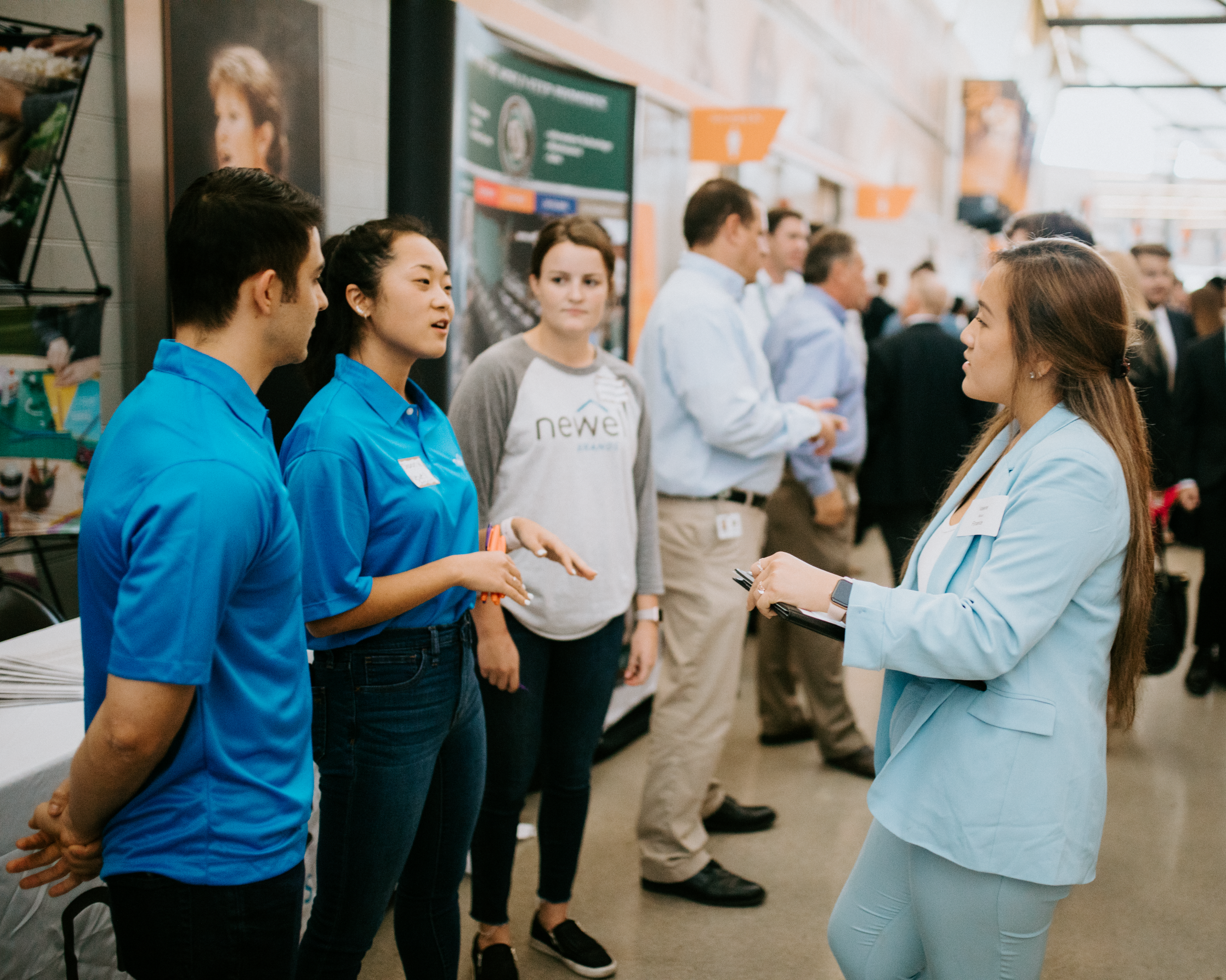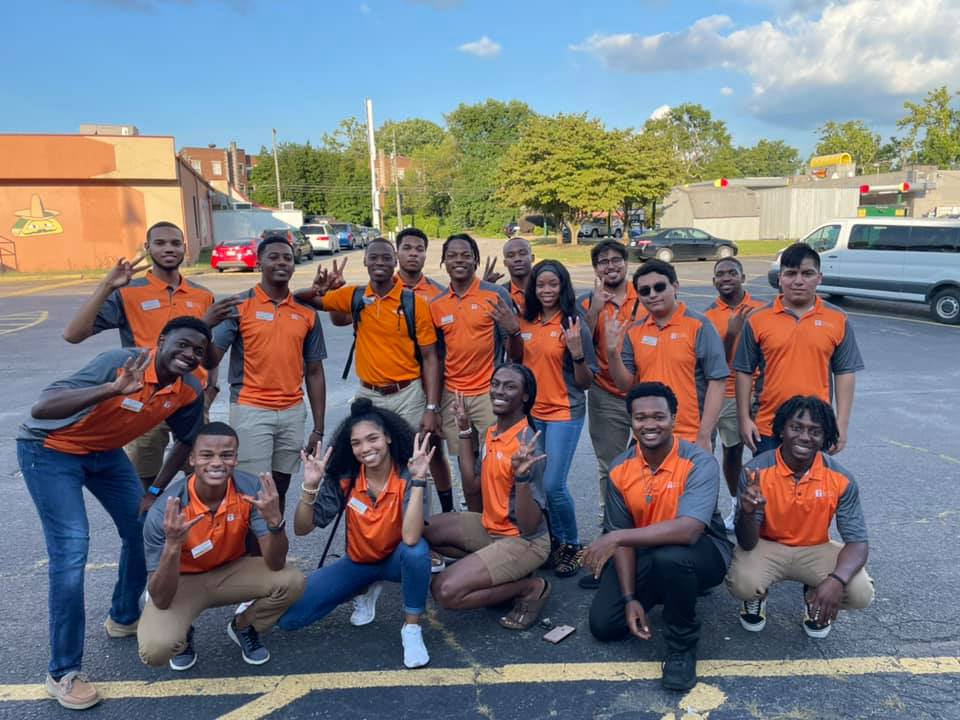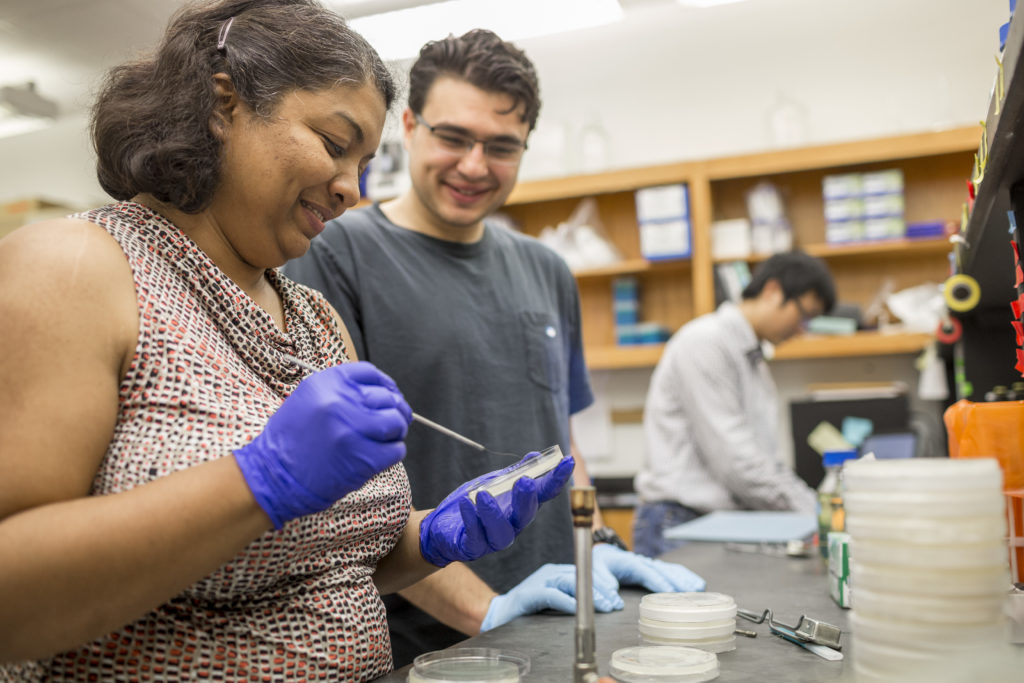
Kevin Reeves, director of Strategic Initiatives for the Division of Student Success, has been named one of 32 individuals to be selected for the Complete Tennessee Leadership Institute (CTLI).
The institute, a joint initiative of the State Collaborative on Reforming Education (SCORE) and The Hunt Institute, selects leaders from higher education, K-12 education, government, business, and nonprofit organizations to a one-year program aimed at equipping leaders from across Tennessee with the strategies and knowledge to play a leading role in eliminating barriers to postsecondary education and completion in Tennessee. In partnership with The Hunt Institute, SCORE will provide learning opportunities for the 2022-23 CTLI participants and support cohort members in translating that learning into action.
“We have a bold vision to enhance and reimagine the student experience so that every student thrives,” said Amber Williams, vice provost for student success. “We are thrilled Dr. Reeves has been selected for the CTLI. The knowledge he gains from the institute will foster our goals becoming reality.”
Reeves joined the Division of Student Success in July 2021 having previously been the neighborhood director of Student Success at Michigan State University and with more than 15 years of professional experience, including at the University of Florida, Virginia Commonwealth, and Wayne State University.
As the director of Strategic Initiatives, Reeves provides leadership for high-priority initiatives, including Summer @ Rock Top, Rocky Top Commuters, and the Vol Success Summit.
“I am honored to be selected to this prestigious role and look forward to sharing the Volunteer vision for providing access to all student scholars across the state and country,” Reeves said.
Since 2019, SCORE has partnered with The Hunt Institute to not only engage deeply on solutions in Tennessee, but also to provide access to national perspectives, experts, and best practices for CTLI participants. Over the course of a year, cohort members will meet four times to expand their knowledge about postsecondary policy and practice, learn about best practices to improve postsecondary access and success, and build action plans to accelerate postsecondary success in their own communities. This diverse group of leaders will work to identify the barriers and equity gaps that exist in Tennessee’s postsecondary system and advocate within their own communities to drive change.
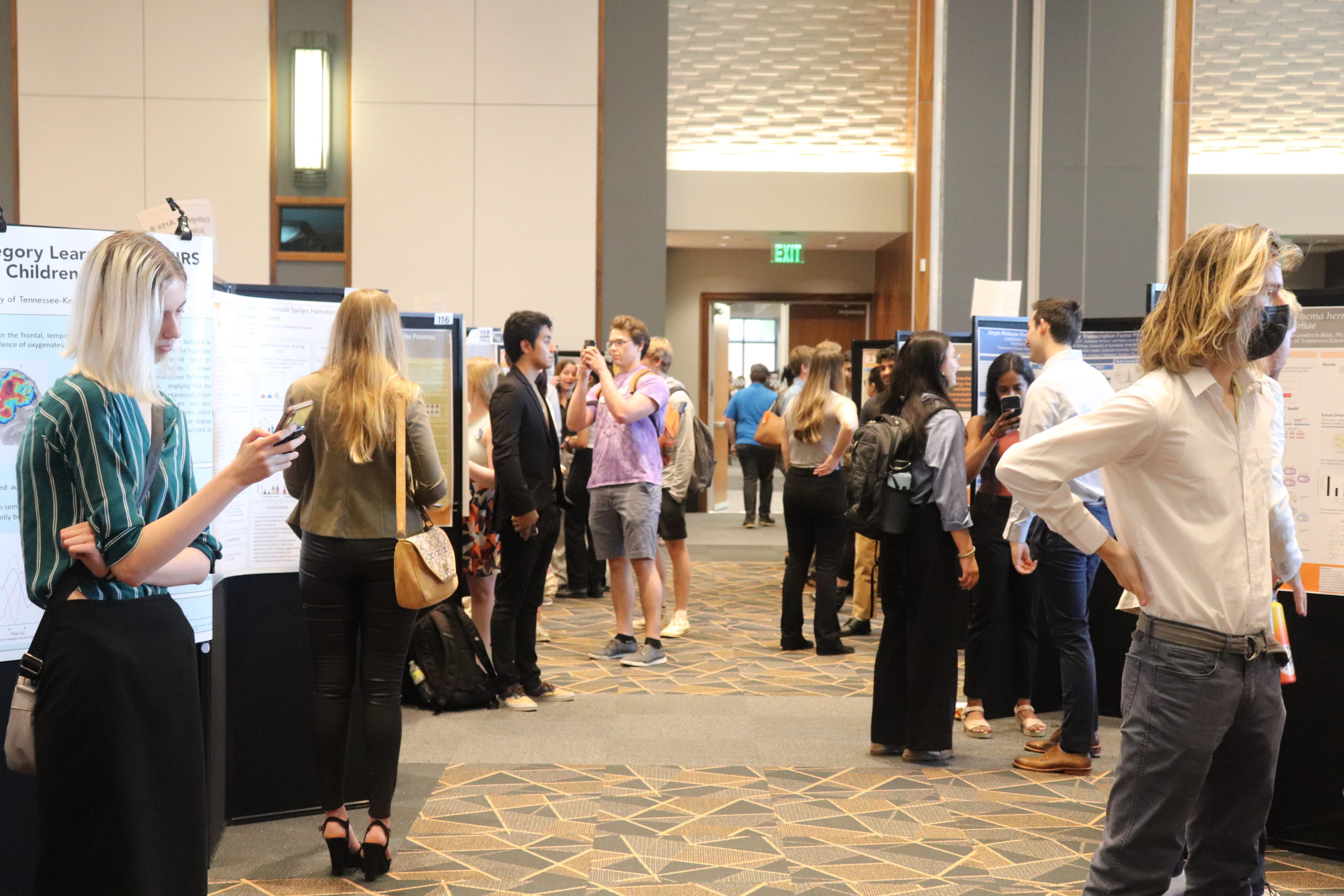
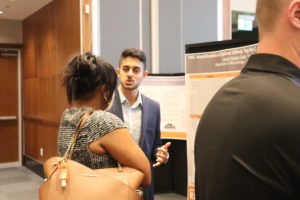
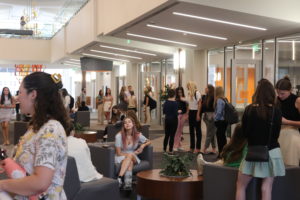
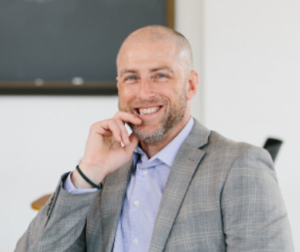 “Dr. Akos is a visionary and collaborative leader prepared to transform UT’s efforts to support our undergraduate student scholars through honors, undergraduate research, and fellowships initiatives,” Amber Williams, vice provost for Student Success, said.
“Dr. Akos is a visionary and collaborative leader prepared to transform UT’s efforts to support our undergraduate student scholars through honors, undergraduate research, and fellowships initiatives,” Amber Williams, vice provost for Student Success, said.  “The honors experience should encourage students to dig deeper and go further with their academic interests,” Director Williams said. “I look forward to collaborating with Dr. Akos and our acclaimed faculty to enhance the honors experience for current and future Volunteers.”
“The honors experience should encourage students to dig deeper and go further with their academic interests,” Director Williams said. “I look forward to collaborating with Dr. Akos and our acclaimed faculty to enhance the honors experience for current and future Volunteers.”